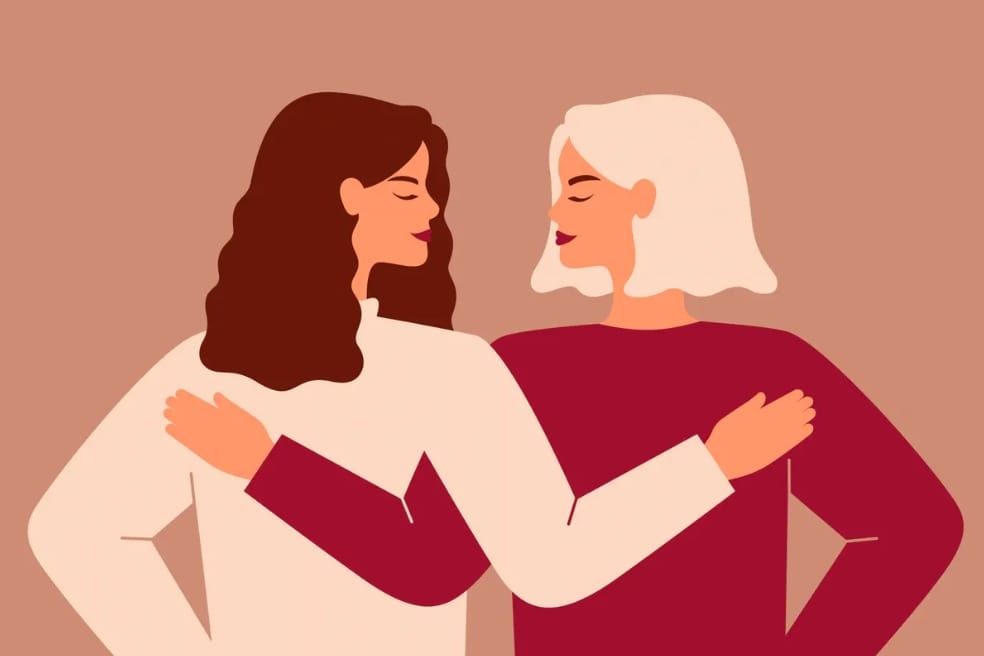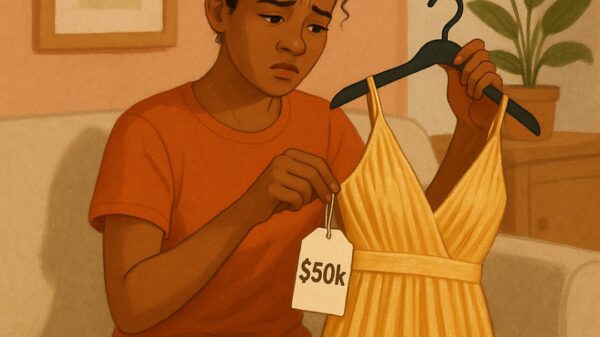Making the decision to forgive someone who hurt you isn’t always easy. As much as you might like to move on, letting go of such powerful emotions can be a challenge – especially if you still feel a lot of resentment towards the person who has wronged you.
However, while you shouldn’t feel as if you owe it to someone to forgive them, taking the time to forgive someone can actually be beneficial to you, too. In fact, studies have shown that being a forgiving person can lead to a whole host of benefits including healthier relationships, lowered blood pressure and better heart health.
Indeed, as Megan Feldman-Bettencourt, journalist and author of the book Triumph Of The Heart: Forgiveness In An Unforgiving World, previously told Stylist: “When you hold a grudge, every time you think about that person or the situation, your brain is flooded with stress chemicals like adrenaline and norepinephrine. Over time, those chemicals put you at risk of depression and anxiety, and they inhibit your frontal lobe’s ability to solve problems.”
To find out how different types of forgiveness can help people who are intentionally trying to forget and move on from an unpleasant experience – something which has been shown to lessen negative emotions associated with that event – the team, led by Saima Noreen at De Montfort University, focused on two ‘types’ of forgiveness: decisional and emotional.
It’s clear that, if you feel ready to forgive, it can be an effective tool to help release any negative emotions you might be holding on to. The only problem? While making the decision to forgive someone is one thing, knowing how to do that – and ending up in a place where you feel you can move on from the situation and ‘forget’ the harm you’ve suffered – is something else entirely.
So, where should you start if you’re struggling to ‘forgive and forget’? According to a new study published in the Journal Of Experimental Psychology: Learning, Memory and Cognition, the answer could lie in what they term “emotional forgiveness”.
To find out how different types of forgiveness can help people who are intentionally trying to forget and move on from an unpleasant experience – something which has been shown to lessen negative emotions associated with that event – the team, led by Saima Noreen at De Montfort University, focused on two ‘types’ of forgiveness: decisional and emotional.
It’s clear that, if you feel ready to forgive, it can be an effective tool to help release any negative emotions you might be holding on to. The only problem? While making the decision to forgive someone is one thing, knowing how to do that – and ending up in a place where you feel you can move on from the situation and ‘forget’ the harm you’ve suffered – is something else entirely.
So, where should you start if you’re struggling to ‘forgive and forget’? According to a new study published in the Journal Of Experimental Psychology: Learning, Memory and Cognition, the answer could lie in what they term “emotional forgiveness”.
The two differ as you might expect. While decisional forgiveness refers to a form of forgiveness in which you try to reduce your negative behaviour towards whoever has hurt you and try to restore positive behaviour towards them (meaning you may still feel emotionally hurt, but don’t act on it), in comparison, emotional forgiveness involves replacing negative emotions towards the person who has hurt you with positive ones, such as empathy, love and compassion.
The team conducted multiple rounds of studies, varying from a group who were asked to imagine a scenario in which they had been wronged, to others who were asked to reflect on a real-life situation in which they had been hurt and been left feeling angry or resentful. In both cases, those who engaged in emotional forgiveness were able to forget more of the detail of the incident, though they still remembered the gist of it.
Credit – Stylist

























